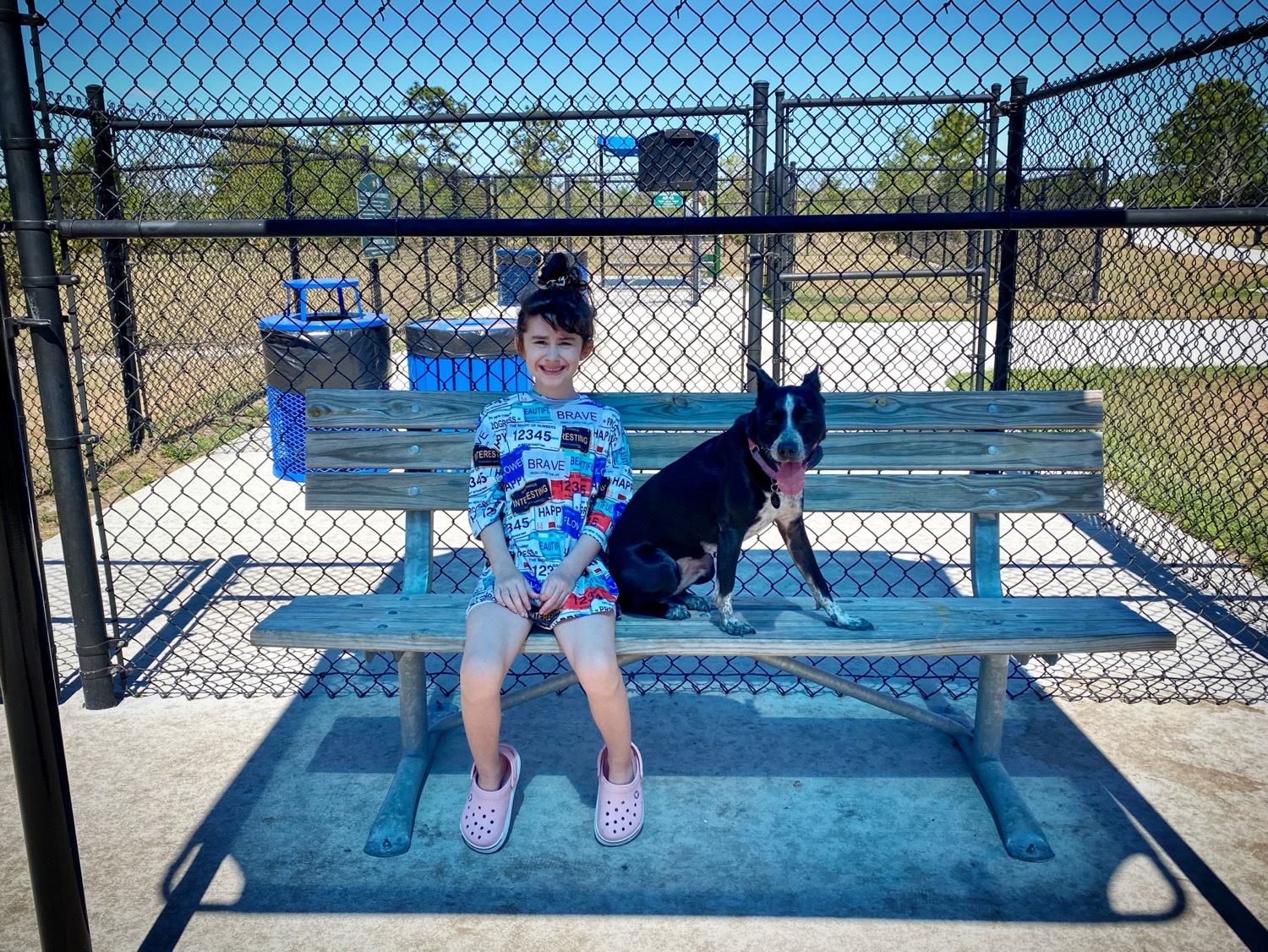The Significance of Socialization: Exposing Dogs to Diverse Environments and Beings Introduction
- Jason Parks
- Oct 6, 2023
- 3 min read
Introduction In the vast world of dog training, socialization stands as a cornerstone. Its significance cannot be understated; it's the foundation upon which a confident, well-adjusted dog is built. By prioritizing socialization, owners ensure their dogs can navigate various environments and interact with different beings with ease and confidence.
Understanding the Importance of Socialization At its core, socialization refers to the process of introducing dogs to new experiences, environments, and beings. This helps them become familiar with the vast array of stimuli they might encounter in their lives, from noisy streets to bustling parks, from children to other animals.
Benefits of Comprehensive Dog Socialization
Builds Confidence: A well-socialized dog is less likely to be fearful in unfamiliar situations, displaying confidence and curiosity instead.
Reduces Aggression: Exposing dogs to varied environments and beings decreases the likelihood of aggressive reactions to unfamiliar stimuli.
Promotes Adaptability: Socialized dogs can adapt to new situations, environments, and changes more easily.
Enhances Quality of Life: With reduced fear and anxiety, dogs can enjoy a wider range of activities with their owners.
Guidelines for Effective Dog Socialization
Start Early: The prime window for dog socialization is between 3 to 14 weeks of age. However, it's never too late to start. Older dogs can benefit from tailored socialization strategies.
Variety is Crucial: Dogs should be exposed to various environments—from urban landscapes to nature trails—and diverse beings, including people of different ages, other dogs, and even different animals.
Positive Experiences Matter: Ensure that each socialization experience is positive. Use praise, treats, or toys to reward calm behavior, ensuring the dog associates new experiences with positive outcomes.
Consistency: Regular exposure ensures that socialization lessons are internalized.
Strategies to Socialize Dogs Effectively
Structured Puppy Classes: Enrolling dogs in puppy classes provides them with a structured environment to interact with other dogs and people.
Regular Walk: Walking dogs in different neighborhoods or parks exposes them to a variety of sounds, sights, and smells.
Dog Parks: These offer a safe environment for dogs to interact with their peers, learning. essential social skills.
Invite Guests Over: Having different people over allows the dog to get accustomed to strangers in a familiar environment.
Travel with the Dog: Taking dogs on trips exposes them to different environments, from the interiors of a car to a new city's streets.
Addressing Potential Challenges in Socialization
Fearful Responses: It's natural for some dogs to exhibit fear. In such cases, it's essential to retreat and then reintroduce the stimulus gradually.
Overwhelm: Avoid overwhelming a dog with too many new experiences at once. Take it slow, allowing them to process each new experience fully.
Negative Experiences: One negative experience can have a lasting impact. Ensure every socialization session ends on a positive note.
Advanced Socialization Techniques for the Proactive Owner
Desensitization: Gradually exposing dogs to a stimulus they're fearful of, ensuring they become accustomed to it over time.
Counter-conditioning: Changing a dog's emotional response to a stimulus by associating it with positive outcomes.
Incorporating Technology in Socialization With the rise of technology, there are numerous apps and platforms where dog owners can connect, share tips, and even arrange playdates. Utilizing these resources can aid in the socialization process.
Conclusion For a dog to thrive in the bustling world, socialization is non-negotiable. It's the passport that allows them to explore varied environments confidently and interact harmoniously with diverse beings. Prioritizing comprehensive socialization is not just a training criterion—it's a commitment to ensuring a dog's holistic well-being. By understanding its significance and employing the right techniques, dog owners set their furry companions on a path to a fulfilling, balanced life.




Comments